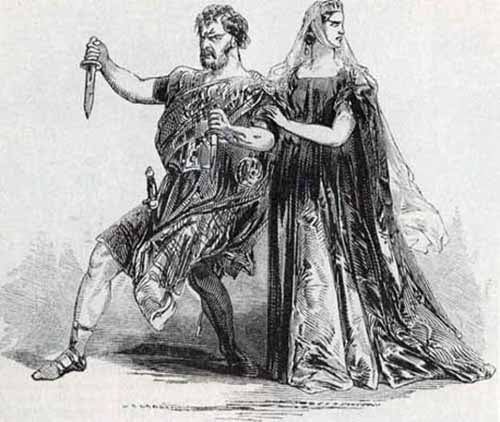In Kentucky, state court judges are elected, but usually fly under the radar in elections.

This is unfortunate, because the judiciary, as a co-equal branch of government with the legislative and executive branches, has as much or more influence on the government policies we live by.
Judicial races are nonpartisan, as required in the Kentucky constitution. Kentucky’s judicial canons have in the past even prohibited candidates from stating their political party affiliation.
For the first time in modern history, this will change in the November special Supreme Court election in western Kentucky.
From a political and practical standpoint, this is very significant. After a series of lawsuits, the Kentucky judicial commission was sued dating all the way back to 1991 when the federal courts ruled that these affiliation disclosure restrictions were unconstitutional, see Winter v. Wolnitzek, 834 F.3d 681, 687 (6th Cir. 2016). In 2018, the judicial canons were finally changed and this restriction was lifted. This has been a long struggle for freedom of speech advocates who have pushed for these changes.
While candidates cannot run as a nominee or use the endorsement of a political party, they will now be allowed to disclose their party affiliation as well as that of their opponents.
Why is this important?
Because as the federal courts have pointed out, nothing so generally identifies a person’s perspective on the constitution and other issues as his or her political party affiliation. The voters have a right to know this information.
In the past, it was often said that Kentucky’s judicial elections were a mere popularity contest in which a person having a last name of Smith or Jones was sure to win because nobody knew anything about the candidates’ positions on issues.
The public has a right to know what the person they are voting for stands for as far as their values and beliefs are concerned. This is a welcome change.
Senator John Schickel (R-Union) represents the 11th District in Boone County.

















